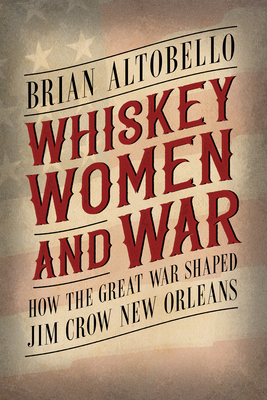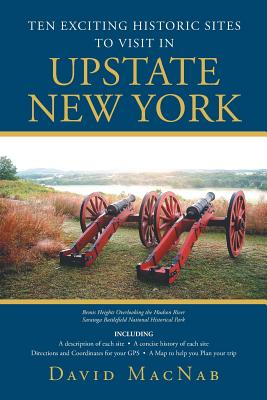
Altobello, Brian
product information
description
7, a burst of patriotism in New Orleans collided with civil liberties. The city, due to its French heritage, shared a strong cultural tie to the Allies, and French speakers from Louisiana provided vital technical assistance to the US military during the war effort. Meanwhile, citizens of German heritage were harassed by unscrupulous, ill-trained volunteers of the American Protective League, ordained by the Justice Department to shield America from enemies within. As a major port, the wartime mobilization dramatically reshaped the cultural landscape of the city in ways that altered the national culture, especially as jazz musicians spread outward from the vice districts. Whiskey, Women, and War: How the Great War Shaped Jim Crow New Orleans surveys the various ways the city confronted the demands of World War I under the supervision of a dynamic political machine boss. Author Brian Altobello analyzes the mobilization of the local population in terms of enlistments and war bond sales and addresses the anti-vice crusade meant to safeguard the American war effort, giving attention to Prohibition and the closure of the red-light district known as Storyville. He studies the political fistfight over women's suffrage, as New Orleans's Gordon sisters demanded the vote predicated on the preservation of white supremacy. Finally, he examines race relations in the city, as African Americans were integrated into the city's war effort and cultural landscape even as Jim Crow was firmly established. Ultimately, the volume brings to life this history of a city that endured World War I in its own singular style.
member goods
No member items were found under this heading.
listens & views

D'UN FEU SECRET: AIRS DE ...
by LAMBERT / TERAKADO / GEVERS / UEMURA
COMPACT DISCout of stock
$19.25
Return Policy
All sales are final
Shipping
No special shipping considerations available.
Shipping fees determined at checkout.






